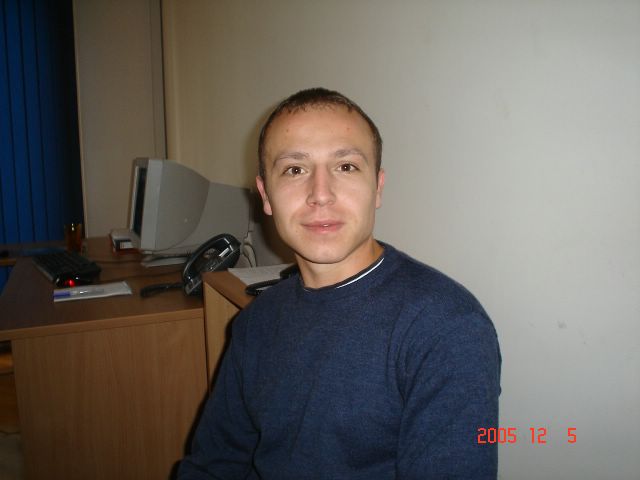SEO Tips for Google
Getting a high ranking on Google is a big achievement. There are many factors that go into pulling a high page rank. I have put together a small list of things that should not be overlooked when optimizing your site.
Let’s start from the top:
META Tags- Sorry, but Google doesn’t read META tags. That includes the KEYWORD tag. Some search engines, however, still use them.
URL- Having a keyword or words in URL will help you somewhat. Having a key word in your URL is not by any means a guarantee, but it never hurts.
TITLE Tag- This is an important step, use this tag wisely. Place your top keywords here. Remember, your page is indexed starting from the top of the page. Make this one count.
Site content- The first paragraph of your site is a crucial part of your optimization. This will also be used as your site’s description. Be careful not to overdo it on the keywords. Make sure your content makes sense. Your keywords should make up a total of 6% to 8% of your page content. An average of three hundred words is a good rule of thumb.
Header Tags- Header tag <>should be considered important. Make headers uniform on your site. I like using them on the top of my page just before the first paragraph.
ALT Tags- These tags are great for adding keywords to images, so take advantage of them. I also use mouse over text with linked text.
Links- Any links you have on your site should have key terms in them. Never use “Click Here” or other unrelated words when creating links.
Bonus tip: When exchanging text links, use key phrases as the actual links. This will certainly help you out.
Links exchange- This will help boost your overall ranking. It’s actually better to be linked from another site (one way) than reciprocal (both sites linking to each other). Being linked one way is a huge bonus. However, the following should be kept in mind.
A: The site you are linking to needs to be related to your site.
B: Google’s page rank of the site should be higher than yours; the higher the better.
C: Avoid linking to sites that have too many links. A site that has forty or more links will only hurt you.
Bonus Tip: See where you rank on Google by using this free tool.
http://www.googlerankings.com/ultimate_seo_tool.php
This Google ranking tool will show you under what keywords you are found on. Use this to help adjust the keywords you want to be found under. Be sure to check your ranking before you start any optimization. Then do it again 3 – 4 weeks after you have made your adjustments. See if your ranking has gone up.
Let’s start from the top:
META Tags- Sorry, but Google doesn’t read META tags. That includes the KEYWORD tag. Some search engines, however, still use them.
URL- Having a keyword or words in URL will help you somewhat. Having a key word in your URL is not by any means a guarantee, but it never hurts.
TITLE Tag- This is an important step, use this tag wisely. Place your top keywords here. Remember, your page is indexed starting from the top of the page. Make this one count.
Site content- The first paragraph of your site is a crucial part of your optimization. This will also be used as your site’s description. Be careful not to overdo it on the keywords. Make sure your content makes sense. Your keywords should make up a total of 6% to 8% of your page content. An average of three hundred words is a good rule of thumb.
Header Tags- Header tag <>should be considered important. Make headers uniform on your site. I like using them on the top of my page just before the first paragraph.
ALT Tags- These tags are great for adding keywords to images, so take advantage of them. I also use mouse over text with linked text.
Links- Any links you have on your site should have key terms in them. Never use “Click Here” or other unrelated words when creating links.
Bonus tip: When exchanging text links, use key phrases as the actual links. This will certainly help you out.
Links exchange- This will help boost your overall ranking. It’s actually better to be linked from another site (one way) than reciprocal (both sites linking to each other). Being linked one way is a huge bonus. However, the following should be kept in mind.
A: The site you are linking to needs to be related to your site.
B: Google’s page rank of the site should be higher than yours; the higher the better.
C: Avoid linking to sites that have too many links. A site that has forty or more links will only hurt you.
Bonus Tip: See where you rank on Google by using this free tool.
This Google ranking tool will show you under what keywords you are found on. Use this to help adjust the keywords you want to be found under. Be sure to check your ranking before you start any optimization. Then do it again 3 – 4 weeks after you have made your adjustments. See if your ranking has gone up.


0 Comments:
Post a Comment
<< Home